On the occasion of the 79th anniversary of the founding of the Vietnam People's Army, I reopened the epic poem "Those Years, This Battlefield" by poet and musician Do Quang Vinh. The work was published by the Ho Chi Minh Communist Youth Union of Thuan Hai province in 1989. The epic poem "Those Years, This Battlefield" is about the H.50 Transport Group of Military Region 6 during the resistance war against the US.
About Group H.50
The H.50 Transport Group was established in April 1967 and operated until the reunification of the country. By the end of 1976, due to new mission requirements, the unit was dissolved. Comrade Van Cong An, former Political Assistant of the H.50 Transport Group, recorded in the book "H.50 Those Days": "The H.50 Group was established in the context of the resistance war against the US in the South Central Coast and the Southern Central Highlands, which was demanding weapons and ammunition. It was the focal unit to receive all support from the Central Government from the North and from the Central Office for the South, transporting goods directly to the battlefields of the provinces: Binh Thuan, Ninh Thuan , Binh Tuy, Lam Dong, Tuyen Duc to distribute to the units directly fighting...".
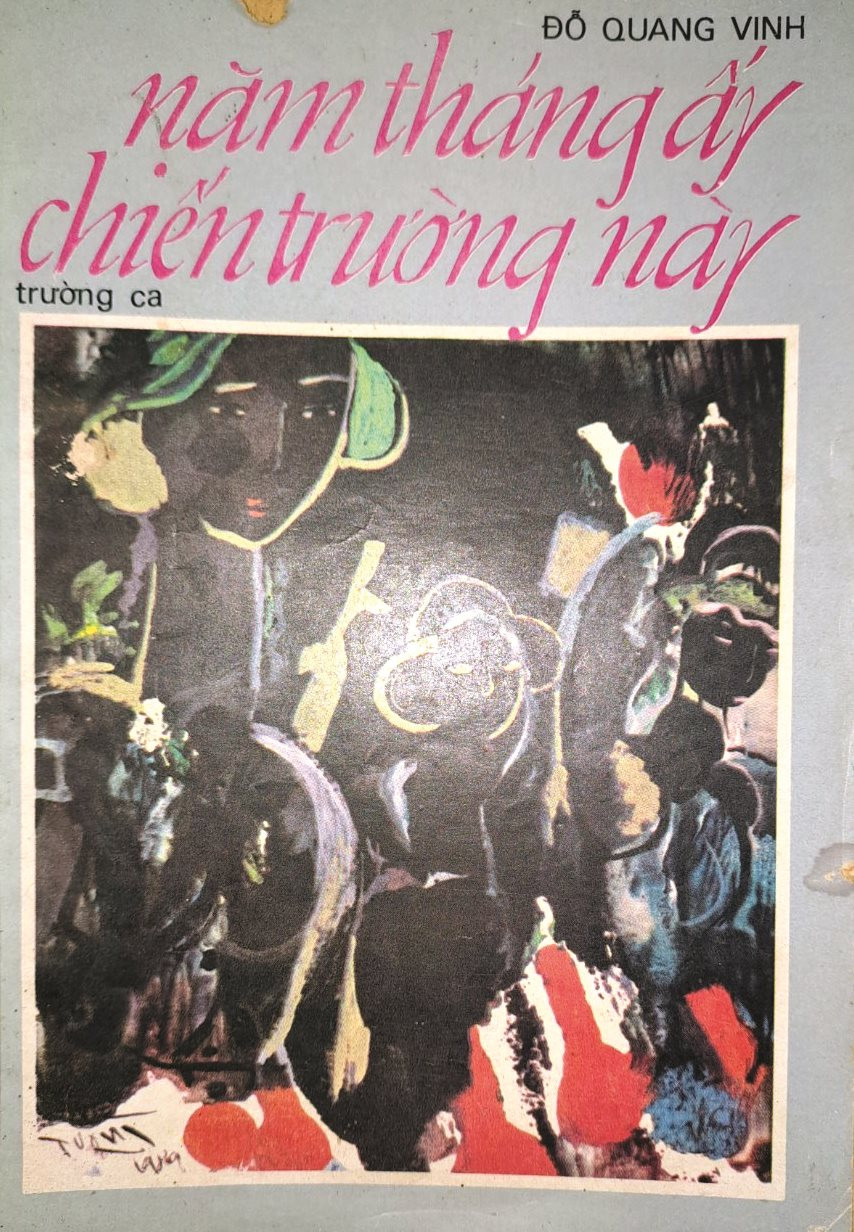
Comrade Le Van Hien, former member of the Central Committee of the Communist Party of Vietnam , former Secretary of the Thuan Hai Provincial Party Committee, wrote in his memoir: "Loyal Land": "Among the examples of enduring hardships on the battlefield of Zone 6, the H.50 Transport Unit is a very beautiful image. This unit is mostly female, with many brothers and sisters from ethnic minorities, with shoulders and feet, with rudimentary means, the comrades carry and carry tens of thousands of tons of weapons and ammunition... Fighting to protect the weapons depots, protecting and transporting officers and soldiers safely, contributing to protecting the villages of ethnic minorities. Their achievements deserve to be recorded in the glorious history of the resistance war against the US to save the country of the army and people of Zone 6". On August 22, 1998, the H.50 Transport Unit was awarded the noble title: Hero of the People's Armed Forces by the State.
About the epic poem "Those years, this battlefield"
The journey to the birth of “Those years, this battlefield”. Doctor of Literature Nguyen Thi Lien Tam wrote in the thesis “Epic poem about Binh Thuan”: “Diligently taking long field trips to the battlefields of that day such as Le Hong Phong secret zone, Bac Ai area, Da Kai…, diligently working with archives, diligently meeting the girls and boys of that day of Group H.50, Do Quang Vinh devoted himself to “The passion for history and literature” with the “thorny” epic genre. With the encouragement of previous artists and with sincere gratitude, he completed the epic, respectfully writing about the people who contributed to honoring the heroic land and people of Binh Thuan in the resistance war against America”.
The author spent 3 years concentrating on the work, and in 1989, the epic was introduced to readers.
The epic poem “Those Years, This Battlefield” is arranged into 4 chapters. Chapter one: “Sketch of the Battlefield”, divided into 3 small parts, including 9 pages. Chapter two: “The Birth”, 5 pages. Chapter three: “The Battlefield on the Shoulders”, this is the longest chapter, 30 pages, divided into small parts, with the names “A Moment of Thought Speaks”, “Sparkling Daily Life”, “Random Thoughts Along the Roads”, “A Little Detail”, “Turning Points”. Chapter four: “To the Day of Victory” with 9 pages, including the parts: “Not Just a Confession to the Forest”, “Relaxing in the Face”, “Entering the New Battle”.
Some feelings
With 53 pages of poetry, the epic poem “Those Years, This Battlefield” includes genres such as six-eight, five-word, seven-word, eight-word, free verse… interwoven and spread evenly throughout the chapters.
What readers can easily see is that the rhyme keeps the lines of poetry connected seamlessly, keeps the idea of the epic poem coherent, and easily leads readers to follow the narratives and emotions of the lyrical characters in each chapter and paragraph of "Those Years, This Battlefield".
Slowly, letting your heart calm down, readers open each page of the epic poem, and will see many things that the author - a later comer - looks back at what the brothers and sisters of Doan H.50 in the past had strived to contribute to the sacred resistance of the nation.
Chapter two has the following lines of poetry: “When leaving the fields, gardens of the countryside/ the luggage is only a patriotic heart/ in the army moving forward quickly/ the forest is greener thanks to long hair”. The image of the long, silky hair of the girls is present in the green forest, adding beauty and embellishment to nature, even in the days of war.
Here too, the hardships and sacrifices of the soldiers of Group H.50 were described through the images: "Gathering the wind from the South to create a storm of fire at the enemy's head/ Group H.50 traveled hundreds of kilometers/ many sacrifices and piled up hardships/ blood and sweat poured down the roads".
Chapter three has many passages, poetry permeates every page, still in the space of the forest, still in the smell of gunpowder of the battlefield: "It feels like the night is too long/ and the forest/ the forest is so deep that/ For the rest of my life/ the forest is still far away".
Our poet has a deep understanding of the fields, the scent of rice, the scent of the countryside, and from here, he has beautiful lines of poetry that carry true feelings about the scent of the forest, even though it only lingers in peaceful moments: "I only love the wind/ The wind diligently carries the scent of the night to people/ even though somewhere there is still/ the pungent smell of gunpowder/ the smell of rotten leaves/ the smell of damp soil/ and just a little, the scent of wild flowers rises up".
The harsh weather and dry climate in Khu Le adds to the hardships, difficulties, and hardships that the brothers and sisters of Group H.50 have to experience: “Oh my hometown (is there anywhere like that)/ Water - more precious - than - gold/ A drop of water/ exchanged for how many drops of blood/ ask how many Khu Le/ on the battlefield of Zone VI/ in the forest of O Ro/ bathed in fire/ bathed in tree shaking…/ We go from today's hardship/ more steadfast/ confident in the day of victory”.
There were pages of poetry describing the hardships, difficulties, and hardships that the soldiers of Group H.50 had to endure when carrying out their duties during the fierce days of resistance: “From the trails to the narrow roads/ When wading through streams, when crossing ravines/ Through vast, dark lakes/ The body was exhausted, the heavy load kept getting heavier/ For more than ten hours/ wading in the water/ Just wading the entire length/ Startled when looking back/ The front line was waiting like it was on fire/ How could we be distracted for a single moment…”.
In the lines of poetry at the end of chapter three, the lyrical character reminded everyone to remember the days of fire and bullets on the battlefield of Zone 6, to remember the contributions of effort and blood of the soldiers of Battalion H.50 in our nation's resistance war against the US: "What has passed is easy to forget/ but the name: Battalion H.50/ no one has the right to forget/ those years/ on this battlefield/ fire and bullets/ cannot - be - erased/ and/ cannot - be - forgotten".
In the fourth chapter of the epic poem, the author continues to write lines of reminiscence, at the same time, wrapping up his deep feelings, also speaking for the hearts of many people, expressed through emotional verses: "In the future, remembering/ the years of war/ the forest will forever remain in us as memories/ the name H.50/ lights up brightly in the heart/ clearly illuminating the feet/ wading streams/ climbing passes".
The epic poem “Those Years, This Battlefield” by poet and musician Do Quang Vinh was introduced to readers 34 years ago. It is not a short time for a look back. The epic poem has a heroic tone, full of emotions and rich in literature. Hopefully, the epic poem will have the opportunity to be republished so that future generations can access it, to remember a heroic unit that had precious years of contributing to the sacred resistance of our nation.
Source



![[Photo] Worshiping the Tuyet Son statue - a nearly 400-year-old treasure at Keo Pagoda](/_next/image?url=https%3A%2F%2Fvphoto.vietnam.vn%2Fthumb%2F1200x675%2Fvietnam%2Fresource%2FIMAGE%2F2025%2F12%2F02%2F1764679323086_ndo_br_tempimageomw0hi-4884-jpg.webp&w=3840&q=75)



![[Photo] Parade to celebrate the 50th anniversary of Laos' National Day](/_next/image?url=https%3A%2F%2Fvphoto.vietnam.vn%2Fthumb%2F1200x675%2Fvietnam%2Fresource%2FIMAGE%2F2025%2F12%2F02%2F1764691918289_ndo_br_0-jpg.webp&w=3840&q=75)
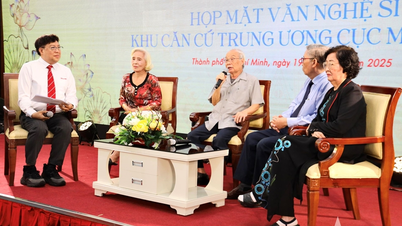

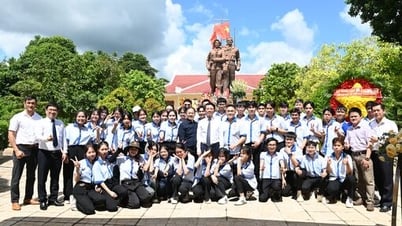




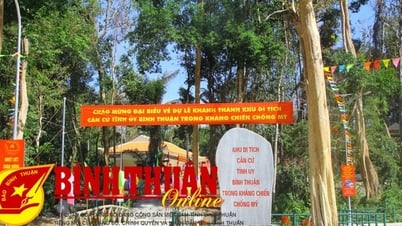
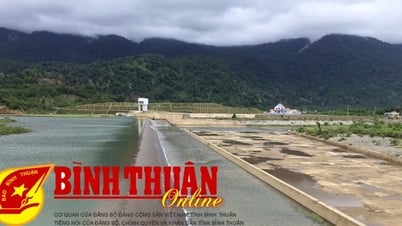


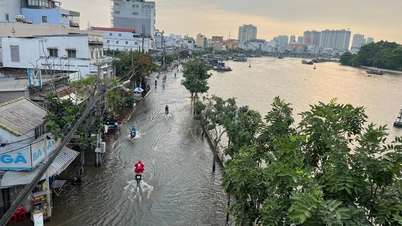

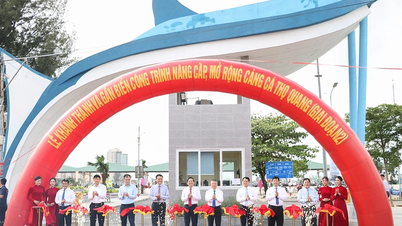

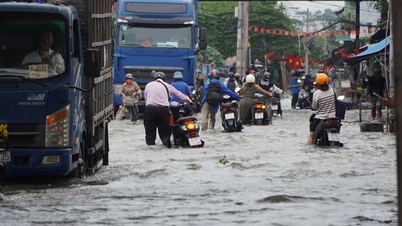









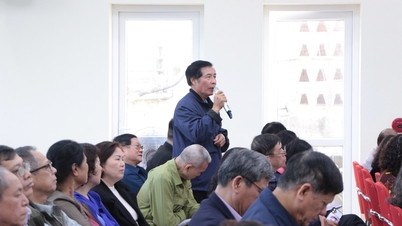

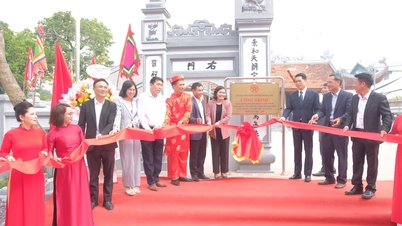

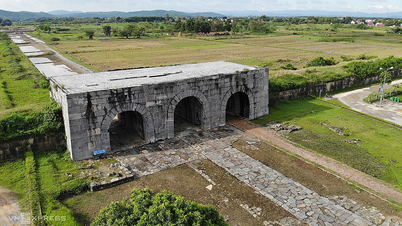

































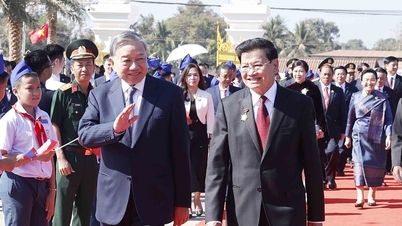
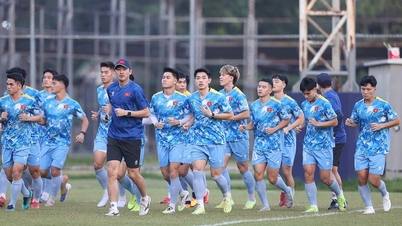


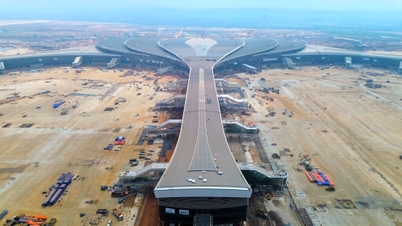

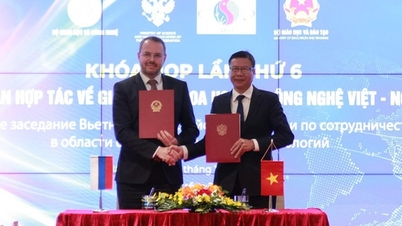
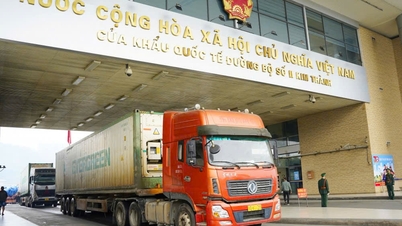

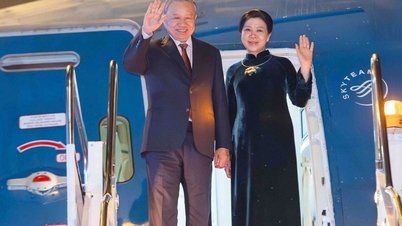

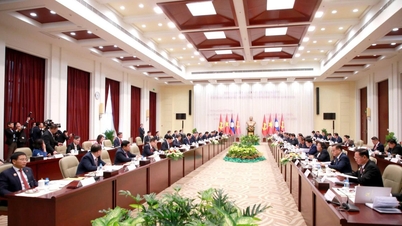


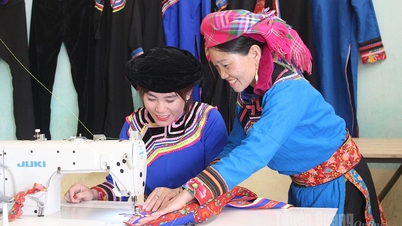


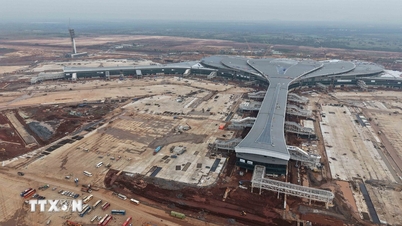

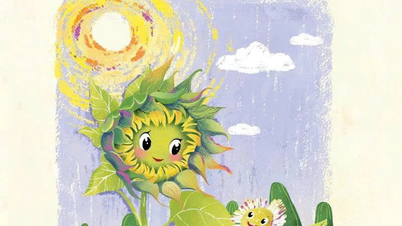

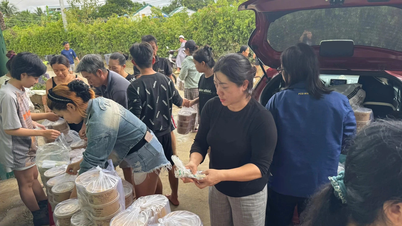









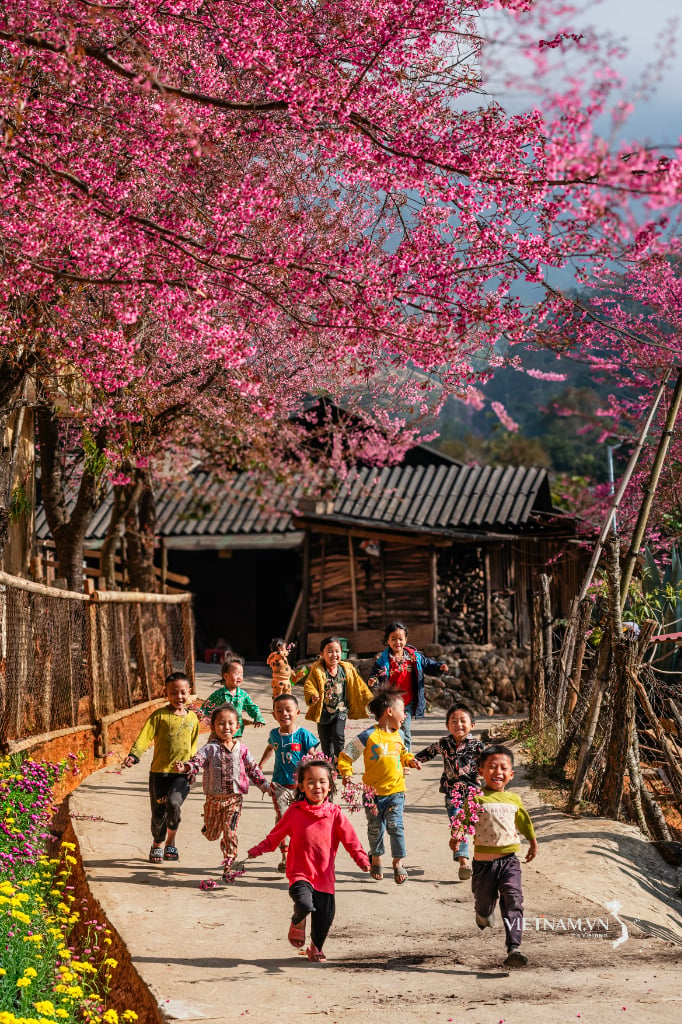
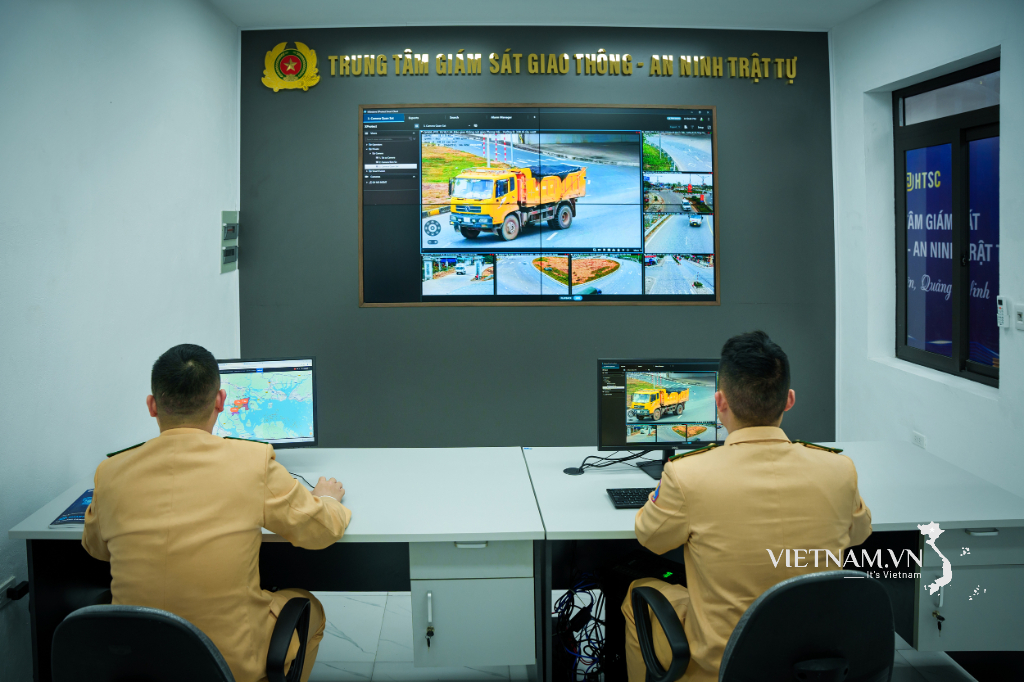


Comment (0)